At some point in your life, you may have wondered if there is a helmet law for motorcyclists in Colorado. Whether you’re just curious or looking for specific information about the law, this article can help you out. Here we’ll cover the specifics of what Colorado’s helmet law entails and answer some commonly asked questions about it. Read on to learn more about the laws in this state and how you can stay safe on the road.
Table of Contents
What Is Colorado’s Helmet Law?
Colorado’s helmet law applies to all riders and passengers of motorcycles, motor-driven cycles, mopeds, and motorized bicycles in the state. According to the law, everyone must wear a protective helmet that meets United States Department of Transportation standards. The helmet must also fit securely while riding and have reflective material on both sides of the helmet.
The law also requires that riders wear appropriate eye protection, such as goggles or a face shield. Riders may also choose to opt out of wearing a motorcycle helmet if they are 21 years of age or older and have taken a safety course approved by the Motorcycle Safety Foundation (MSF). [1]
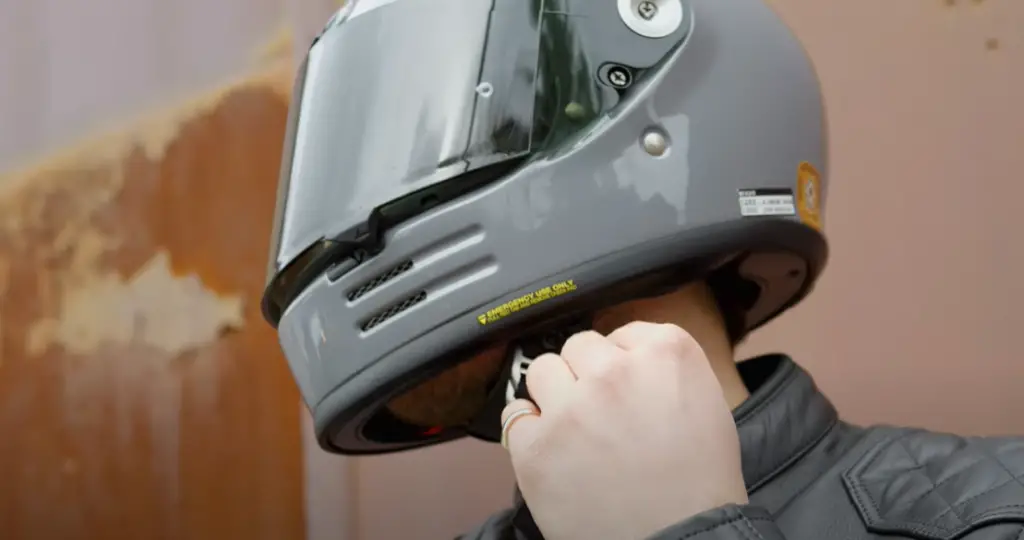
Colorado’s General Rule for Motorcycle Helmet Use
Colorado does, in fact, have a helmet law. All motorcyclists in Colorado are required to wear protective headgear that meets the standards set out by the United States Department of Transportation (DOT). The DOT standard for helmets is FMVSS 218. If you’re looking for a new helmet or wondering if your current one meets the standard, look for a DOT sticker on the helmet’s exterior.
It is also important to note that helmets must fit properly in order to be effective. If you are unsure of your helmet size or how it should fit, seek advice from an experienced rider or qualified salesperson at a motorcycle shop. [1]
Are There Exceptions to Colorado’s Helmet Law?
Yes, there are a few exceptions to Colorado’s helmet law. Riders under the age of 18 may ride without a helmet if they are riding on private property with the permission of the owner and have completed an approved safety course. Additionally, bicyclists over the age of 18 may choose not to wear a helmet while cycling if they sign a waiver acknowledging the risks of not wearing a helmet.
It is important to note that these exceptions are only applicable in Colorado, and riders should always check the local laws before riding without a helmet. It is also important to be aware that even with the exemptions provided, it still remains strongly recommended by both state and federal agencies for cyclists of all ages to wear a helmet while riding. Helmets can help reduce the risk of head and brain injuries, and wearing one significantly reduces the chances of death or serious injury in the event of an accident. [2]
Complying with Colorado’s Insurance Exception
If you’re a rider in Colorado and want to know if the state has a helmet law, the answer is “no” – there is no law that requires all motorcyclists to wear helmets. However, if you plan on riding without one, you must comply with the insurance exception.
This exception requires riders who do not wear helmets to carry more liability insurance than is required for riders who do wear them. The minimum amount of additional coverage, if you plan on riding without a helmet, is $50,000 per person and $100,000 per accident. [2]
When Did Colorado Repeal Its Helmet Law?
In 2013, Colorado repealed its mandatory helmet law for motorcyclists over the age of 18. The repeal was part of a larger legislative package that included motorcycle reforms meant to reduce expensive insurance premiums and provide more freedom and flexibility to riders.
Under this new legislation, all operators of motorcycles must still wear a protective eye device to prevent foreign objects from entering the eye while riding. In addition, all riders—regardless of age—are encouraged to wear a properly fitted helmet that meets or exceeds Department of Transportation safety standards. [2]
Is Colorado’s Helmet Law Constitutional?
The answer to this question is yes. Colorado’s helmet law was enacted in 1992 and has been upheld in the courts as constitutional. The law states that any person operating a motorized vehicle must wear a properly fitted, securely fastened safety helmet at all times while riding on public streets or highways. This includes both operators and passengers who are under 18 years of age.
Even though Colorado’s helmet law is constitutional, it does not mean that all helmets used must meet the same safety standards as those sold in stores. You should always check with your local police department or Department of Motor Vehicles before you purchase a helmet to make sure it meets their requirements. [2]
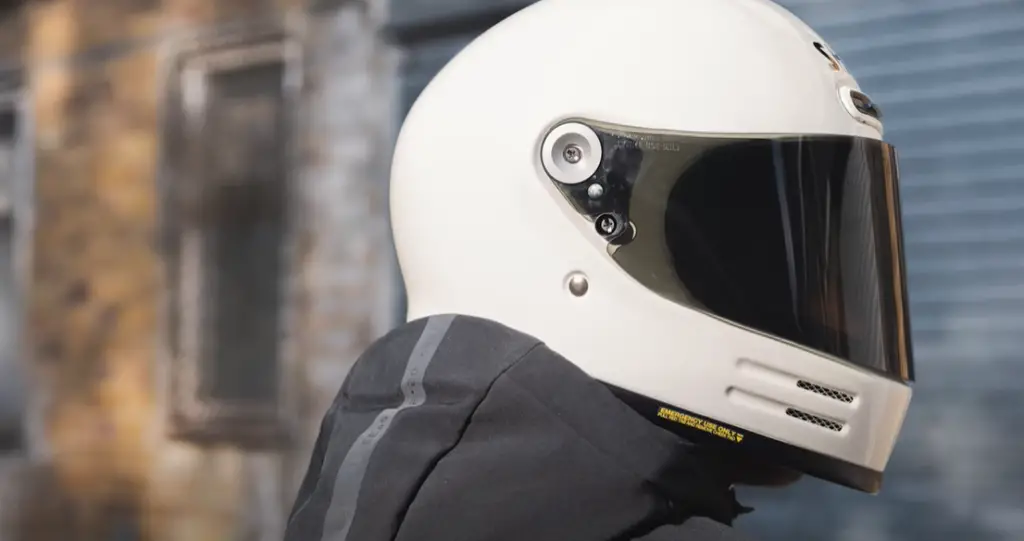
Is Eye Protection Required for Motorcyclists in Colorado?
No, eye protection is not required for motorcyclists in Colorado. However, it is recommended that all motorcyclists wear some form of eye protection when operating a motorcycle or any other vehicle on the roads and highways in Colorado. This can help protect against harmful UV rays, debris, insects, and other environmental hazards. Many riders choose to wear a face shield, goggles, or sunglasses for additional eye protection.
In addition to wearing eye protection, it is also important for motorcyclists to pay attention to road conditions and other riders in order to ensure their safety on the roads. Being aware of potential hazards and taking measures to avoid them can help reduce the chances of an accident or injury. [1]
What Is the Penalty for Operating a Without a Helmet in Colorado?
In Colorado, it is illegal to operate a motorcycle without wearing a helmet. The penalty for operating a motorcycle without a helmet in Colorado depends on the type of violation and can include fines, license suspensions, or other penalties as determined by the court.
Motorcyclists 21 years of age or older may ride without a helmet if they have been licensed to operate a motorcycle for at least one year, and have completed either an approved motorcycle safety course or a basic rider training course. Motorcyclists under 21 years old must wear a helmet regardless of when they got their license or if they have taken any safety classes. [1]
Colorado Helmet Laws and Car Accident Compensation
In Colorado, it is not a legal requirement to wear a helmet while riding a bicycle. However, wearing a properly fitted and certified bike helmet can reduce your risk of serious injury or death in the event of an accident.
It is important to note that even if you do not wear a helmet, that does not mean you cannot receive compensation if you are in an accident. Colorado is a “fault” state, meaning that the person who caused an accident may be held responsible for damages and medical expenses related to the crash. [1]
Comparative Negligence and Motorcycle Accidents
In Colorado, comparative negligence is a legal concept that can come into play when someone has been injured in an accident. Comparative negligence means that the parties involved each bear some responsibility for the accident, and the amount of compensation awarded to the plaintiff is reduced by their percentage of fault. For example, if you are found to be 10% responsible for the accident, and you receive an award of $1000 for damages, that award is reduced by 10%, to $900. [1]
Not Wearing a Helmet and Claiming Compensation
If you are injured in Colorado while riding a motorcycle without wearing a helmet, and you decide to claim compensation for your injuries, the lack of a helmet may affect the amount of damages awarded by the court. Even if there is no law requiring you to wear a helmet, it is still possible that evidence will be presented at trial showing that not wearing a helmet was a factor in the severity of your injuries. In this situation, the court may reduce the amount of damages you are awarded, or even deny your claim altogether. [1]
Do Motorcycle Helmets Save Lives?
Yes, motorcycle helmets save lives. According to the Centers for Disease Control and Prevention (CDC), in 2018, motorcyclists were 27 times more likely than passenger car occupants to die in a crash per mile traveled. Additionally, helmet use is estimated to be 37% effective in preventing fatal injuries among riders involved in crashes. Wearing a helmet not only ensures you have the best chance of survival in a crash, but it also protects your face and eyes from wind, sun, dust, and insects. [3]
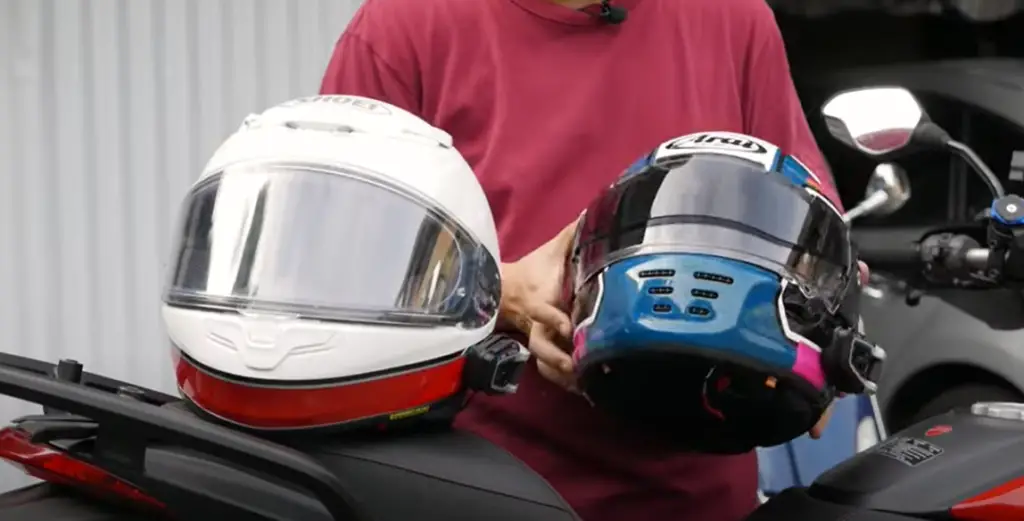
Reasons to Always Wear a Helmet
It is important to remember that while there may not be a law that requires you to wear a helmet in the state of Colorado, there are several compelling reasons why you should always wear one when riding a bicycle or motorcycle.
First and foremost, wearing a helmet greatly reduces your risk of suffering from serious injury or death in the event of an accident. Bicycle and motorcycle helmets are designed to absorb the impact of a crash and help protect your head from serious damage. According to the Centers for Disease Control, wearing a helmet can reduce the risk of head injury by up to 85%. [3]
Enforcement of Colorado’s Helmet Law
Colorado has a universal helmet law, meaning that it applies to all riders regardless of age. This means that if you are operating a motorcycle or other motorized cycle on public roads in Colorado, you are required by law to wear a helmet.
The enforcement of the helmet law is one of the most important factors in making sure that you and other riders stay safe. Law enforcement personnel are empowered to issue citations for helmet non-compliance and can assess fines of up to $100 for a single offense. [3]
What You Need to Know About Helmet Laws for Children
If you have children who ride bicycles, then it’s important to know about helmet laws in your state. In Colorado, the law requires that all children aged 16 and younger wear a properly fitting bicycle helmet when riding or being towed by a bicycle. The law applies to any type of bike: road bike, mountain bike, BMX, cruiser, or tricycle.
In addition to the laws in Colorado, there are some other factors to consider when it comes to helmet safety for children:
- Make sure that your child’s helmet fits properly and is secured with a strap. A loose helmet can easily come off during an accident and provide no protection at all.
- Choose a helmet that meets safety standards. Look for helmets with labels from the U.S. Consumer Product Safety Commission (CPSC), Snell Memorial Foundation, or ASTM International.
- Teach your child how to properly wear and adjust their helmet. Make sure they know to always fasten the chin strap before getting on their bike.
- Insist that your child wears a helmet every time they get on their bicycle, even if it’s just for a short distance or ride around the block. [3]
Vehicles to Which the Motorcycle Helmet Laws Do Not Apply
In Colorado, the motorcycle helmet law does not apply to motorized scooters, mopeds and golf carts. However, drivers of these vehicles should still exercise caution when riding them on public roads as they are subject to the same rules of the road as motorcycles and other motor vehicles.
Finally, the motorcycle helmet law does not apply to non-motorized wheelchairs or other mobility devices that are designed specifically for use by persons with disabilities. [1]
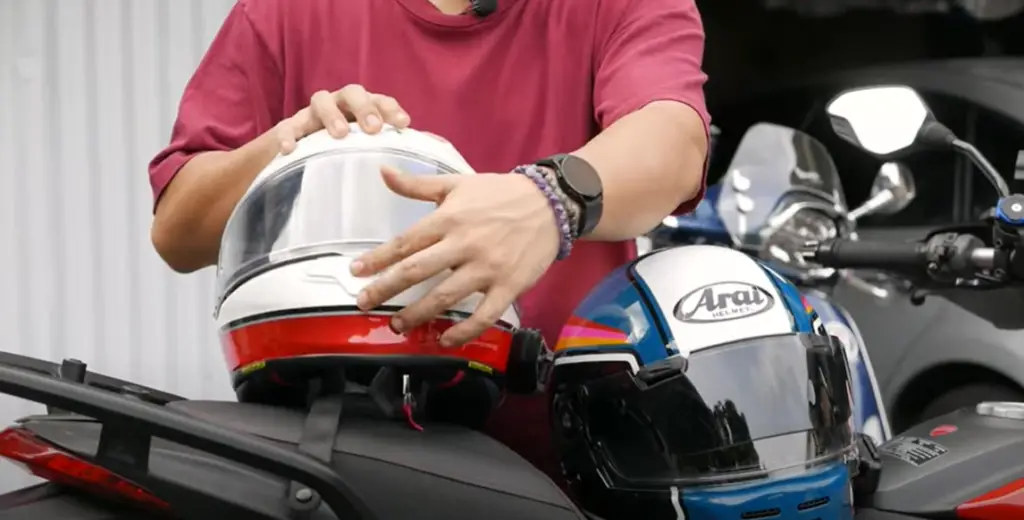
What Is The Difference Between Certified And Non-Certified Helmets?
When it comes to helmets, there are two main types of protection: certified and non-certified. Certified helmets typically meet the highest safety standards set by the U.S. Department of Transportation (DOT). Non-certified helmets may provide some level of protection but don’t necessarily meet DOT standards.
When shopping for a helmet, always look for the DOT or Snell sticker or stamp. If a helmet has either of these certifications, then it should provide adequate protection in the event of an accident. [2]
Who Is Liable In A Motorcycle Accident?
If you are involved in a motorcycle accident, it is important to understand who can be held liable. In Colorado, the person at fault or negligent party will usually be responsible for the accident and will be required to pay damages to anyone injured.
In some cases, if the person at fault was acting recklessly or with gross negligence, they can be held liable for any and all injuries caused. This includes not only physical injury, but also emotional distress, loss of income or other financial losses due to the accident.[1]
Is Choosing Not To Wear A Helmet Considered Negligence?
The short answer is yes. Failing to wear a helmet when required by law is considered negligence in Colorado, and can result in fines or criminal charges. While not wearing a helmet does not necessarily guarantee that the rider will be found negligent in an accident, failure to follow laws such as this one usually means that someone (other than the rider) will be able to argue that the rider was negligent.
For those who do choose not to wear a helmet, it is important to understand that they are taking on the risk associated with riding without head protection. There is no guarantee that an individual will not suffer serious injury in an accident if they do not wear a helmet; however, studies show that helmeted riders have a significantly lower risk of head injury than those who don’t wear helmets. [1]
Are Helmets Effective In Preventing Injuries?
Yes, helmets are extremely effective in preventing serious head injuries. Studies have shown that wearing a helmet can reduce the risk of head injury by up to 85% and the risk of brain injury by up to 88%. Wearing a helmet also reduces the severity of a head injury if one occurs.
Helmets should be properly fitted and securely fastened with straps to provide the maximum protection. Helmets should also meet or exceed safety standards set forth by organizations like the U.S. Consumer Product Safety Commission (CPSC) and the Snell Memorial Foundation. [3]
Other Ways To Prevent Motorcycle Injuries
In addition to wearing a helmet, there are other ways to be safe while riding your motorcycle. Here are some tips:
- Wear protective clothing like jackets, pants and gloves that cover your arms and legs. This can provide an added layer of protection from road rash in the event of an accident.
- Make sure your motorcycle is always in good working condition. Check the brakes, tires, suspension and other parts regularly to make sure they are functioning properly.
- Be aware of your surroundings and watch for cars that may not be paying attention to you on the road.
- Don’t ride faster than conditions allow or beyond your skill level. [3]
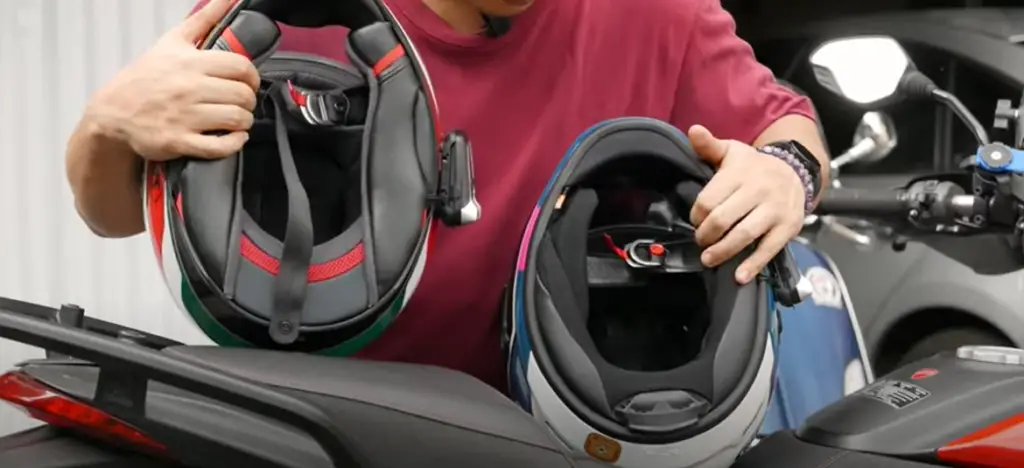
FAQ
Which U.S. states do not require motorcycle helmets?
Currently, only 19 U.S. states and the District of Columbia require all motorcyclists to wear helmets while riding on public roads: California, Delaware, Georgia, Hawaii, Louisiana, Maryland, Massachusetts, Michigan, Mississippi, Missouri, Nebraska, Nevada, New Jersey, New York, North Carolina (only comprehensive helmet law), Oregon (universal helmet law) Pennsylvania, Tennessee (universal helmet law) and Washington.
Why is there no helmet law in Colorado?
The short answer is that helmet laws are set and enforced by individual states, not the federal government. Colorado’s legislators have considered such a law in recent years but they have not been able to pass it into law.
When considering whether to introduce helmet laws, many states look at factors like the level of motorcycle-related fatalities and insurance costs. In the case of Colorado, it seems that a combination of the relatively low rate of motorcycle-related fatalities and the high cost of insurance resulting from mandatory helmet laws have been strong arguments against such legislation.
Is motorcycle filtering legal in Colorado?
Yes, motorcycle filtering is legal in Colorado. According to Colorado state law, motorcycle riders are permitted to filter between two lanes of traffic proceeding in the same direction. This means that motorcyclists can safely and legally pass slower vehicles while filtering through stationary or slowly moving traffic.

How many states in the U.S. require you to wear a helmet?
As of 2021, 19 states and the District of Columbia have universal helmet laws requiring all motorcyclists to wear a helmet. These states include Alabama, California, Georgia, Louisiana, Maryland, Massachusetts, Mississippi, Missouri, Nebraska, Nevada, New Jersey, New York, North Carolina, Oregon, Tennessee, Vermont, Virginia and Washington.
Is Alaska a no helmet State?
No, Alaska is not a no helmet state. All riders in Alaska are required to wear a helmet at all times while riding.
Is California a no helmet State?
No, California is not a no helmet state. All riders in California are required to wear a helmet at all times while riding, regardless of their age or the type of vehicle they are operating.
Useful Video: Colorado’s Motorcycle Helmet Law
Conclusion
In conclusion, Colorado does have a helmet law that requires all motorcyclists and passengers to wear helmets whenever they are riding. The law also stipulates that helmets must meet or exceed the safety standards set by the U.S. Department of Transportation for motorcycle protection. Failure to abide by this law can result in serious consequences, including fines and, in some cases, jail time.
While wearing a helmet can help to protect you from severe head injuries, it is important to remember that helmets are not indestructible and can be damaged or become ineffective after an accident. Therefore, it is also important to make sure that your helmet meets the safety standards set by the U.S. Department of Transportation and is in good condition before each ride.
By understanding Colorado’s helmet law and taking the steps necessary to ensure that you are properly protected, you can help keep yourself and your passengers safe while on the road. Safe riding!
References:
- https://www.tysonmendes.com/no-helmet-no-problem-but-defendants-pay-for-it-colorados-lack-of-a-helmet-law/
- https://www.cannonlaw.com/is-it-illegal-to-ride-a-motorcycle-without-a-helmet/
- https://tengelaw.com/blog/does-colorado-have-a-motorcycle-helmet-law/

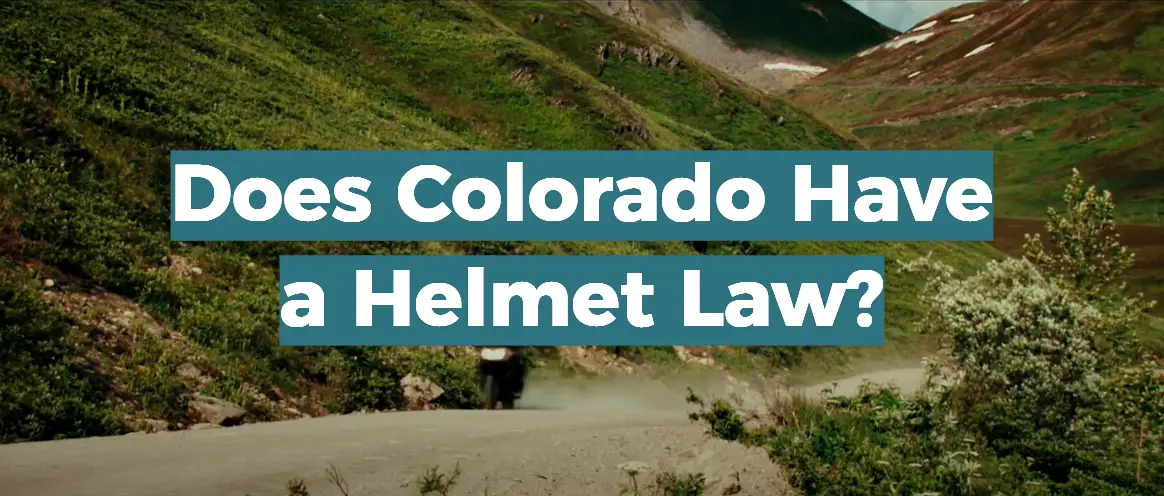
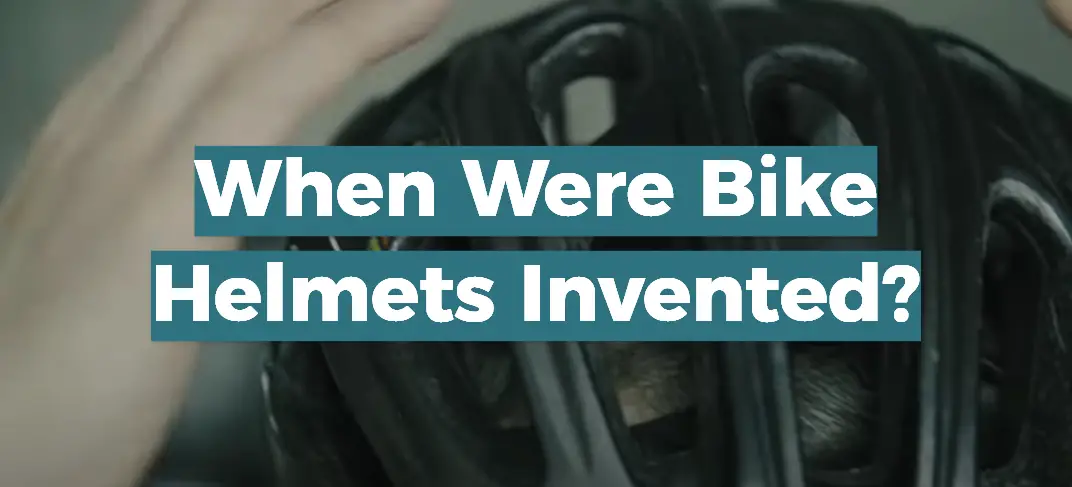
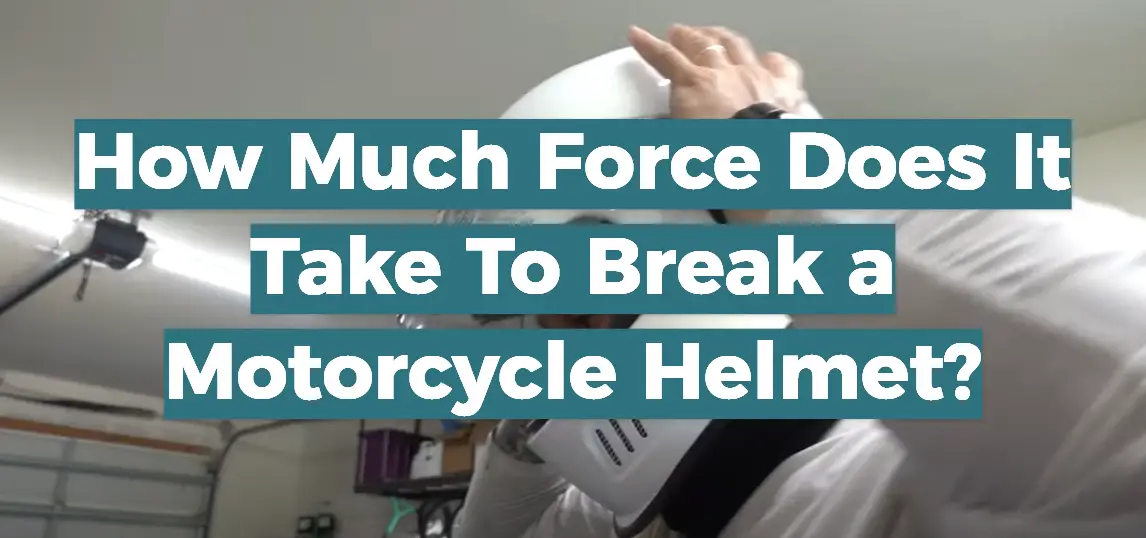

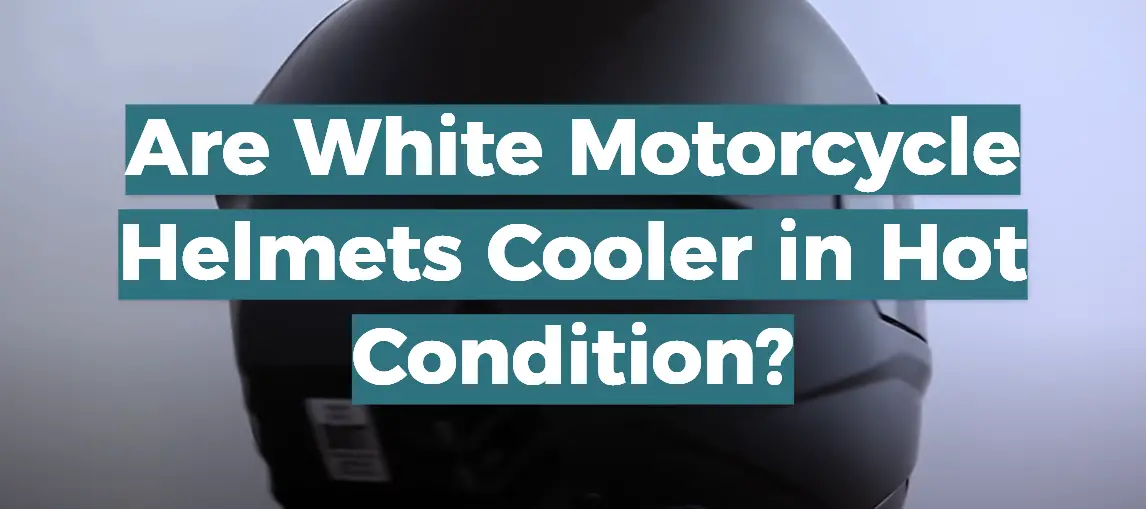
Leave a Reply